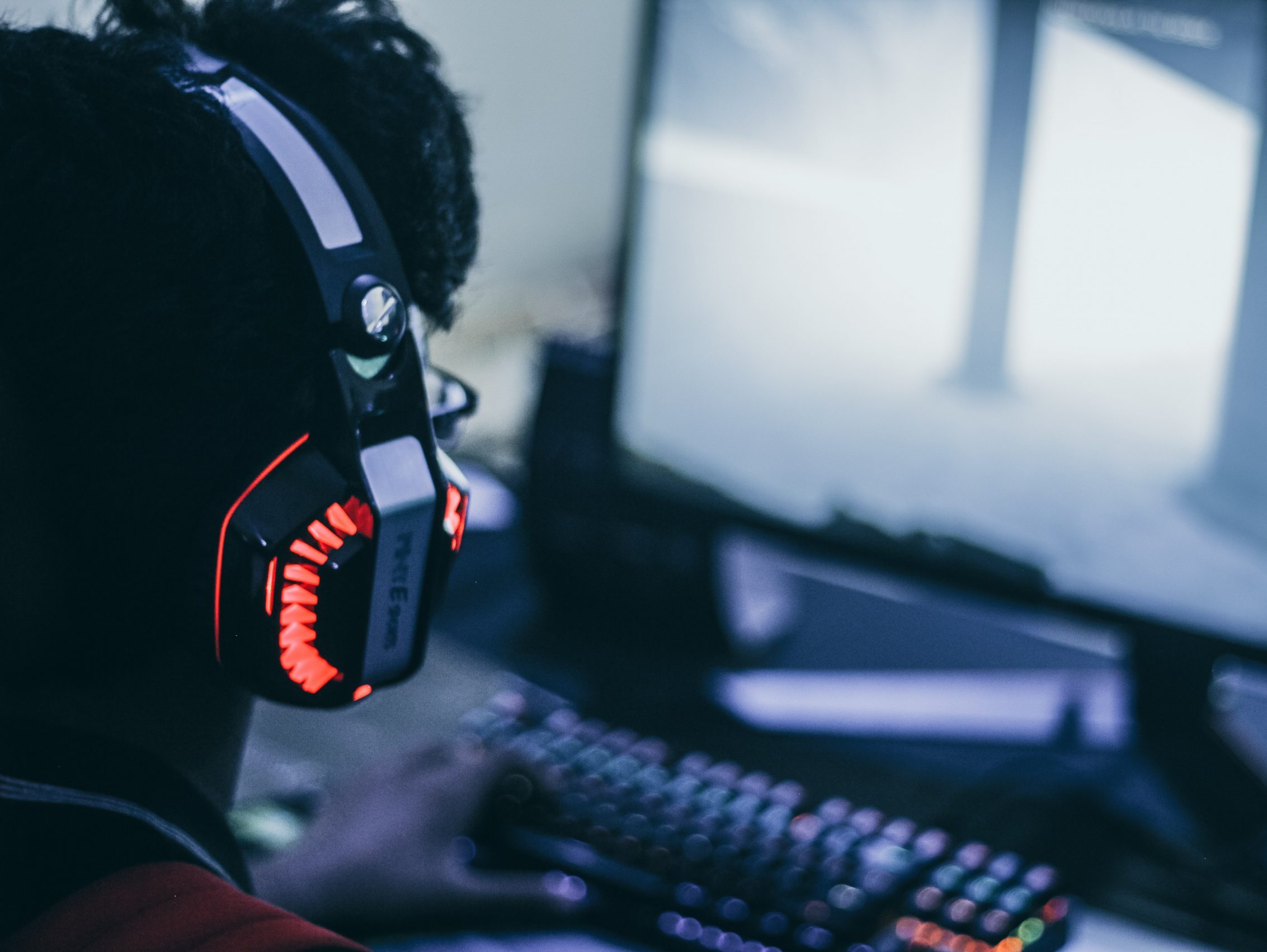Some of the cutting-edge technological ideas from over 15 years ago have progressively evolved into the simple household commodities we use today. They have become so ingrained into our daily lives, it’s easy to overlook the sometimes irreparable damage they can cause. While technology continues to advance, humans are becoming increasingly indifferent to each of these new milestones. However, as the planet’s adult population meets these advancements with a somewhat conditioned aloofness, it’s the damaging effects that technologies such as gaming can have on adolescents that are especially alarming.
Exploring the expansive digital world can be addicting, especially to impressionable minors. The lure of instant feedback and exploration by proxy dangerously instills a sense of euphoria within all of its users, but none are more affected than those that are under the age of 18. These intoxicating qualities can become consuming and borderline obsessive. Not only can this impact an individual’s mental health, but as China recently discovered, it can lead to physical damage as well.
In 2018, Chinese officials were shocked to find that a strong correlation existed between gaming and the rising rate of vision problems among young people. This discovery coincided with the influx of treatment centers specializing in gaming disorders, which ultimately led to the creation of a new policy in 2019 by China’s National Press and Publication Administration (NPPA), the agency in charge of regulating video games.
This policy affected all individuals under the age of 18, putting a cap on the amount of time allowed for playing online video games at 1.5 hours a day from Monday through Friday and three hours on the weekends. This also restricted the amount of money that could be spent on virtual items, with the amounts ranging between $28-$57 and depending upon the user’s age. This initial attempt at monitoring gameplay time proved somewhat ineffective, resulting in the recent tightening of restrictions.
The new rules enacted at the end of August further limit the allotted amount of time for online gaming to one hour between 8 p.m. and 9 p.m from Friday through Sunday and on legal holidays. These rules also affect any company providing online gaming services to minors, requiring them to establish methods that will verify that these limitations are in fact being implemented. These regulations are enforced using facial recognition scans and heightened registration requirements.
However, like anything else that falls under a ban, illegal measures will be made to work around these restrictions. One gaming industry expert at Peking University, Chen Jiang, states he would anticipate the scope of these countermeasures to range from the expected modified mobile phone rentals to the inordinate usage of human skin masks.
China’s efforts at combating what they deem “spiritual opium,” a pollutant so difficult to fight that it evokes the imagery of the Opium Wars, are without a doubt extreme. However, when delving deeper into this story, strewn throughout most of the research findings is talk alluding to the fact that these gaming restrictions play a part in a much wider crackdown that stems from the Chinese government’s deep-seated mistrust of its people.
Upon further investigation, it seems that there was a 14-year-long ban, which was lifted in 2014, that outlawed the use of all gaming consoles. After this ban was lifted, a more recent threat of potential dissent grew within gaming communities, spanning across online chat rooms. These fears festered as each attempt made by the Chinese Communist Party to integrate itself into the gaming world through the release of communist-favorable video games failed.
This growing concern over who or what may pose a threat to the Chinese Communist Party’s grip on power has bled into the use of social media and celebrity fan culture. China’s biggest social media platform, its version of TikTok known as Douyin, experienced this firsthand. The popular app was recently updated in early September to include a “youth mode” setting, limiting its access to underage users. Registered users under the age of 14 will have set “hours of operation” from 6 a.m. to 10 p.m. in which they can log on and enjoy access for a whopping total of 40 minutes per day.
While these regulations were, oddly enough, self-imposed by the company, they were made in response to a recent amendment to China’s Minor Protection Law. This law now states that all internet service providers, which include social media apps, must set up corresponding functions, such as time management and consumption limits.
“Chaotic fan culture” is another area affected by this most recent string of newly implemented restrictions. Bans have been issued against activities that “encourage” fans to spend money on their favorite celebrities. Weibo, a Chinese microblogging platform, systematically scoured through its users’ content, banning a large volume of K-pop fans’ accounts. Their reasoning? This type of idol worshipping is poisoning the minds of China’s youth, leaving them vulnerable to being easily manipulated, contriving delusional “relationships” with famous individuals and excessively spending money to feed their borderline fetishization of celebrities. This monetary monitoring extends to a ban that prohibits online discussions pertaining to celebrity salaries.
Regardless of the true intentions behind these regulations, the concept of restricting something that can foster addiction, something that is potentially both physically and mentally harmful, could be beneficial in some regard on a global scale. In the United States, establishments that serve alcohol have to monitor their guests’ consumption. This applies, in a way, to drug use as well. For the public’s well-being, certain drugs have been made illegal or are otherwise regulated.
Therefore, the argument could be made that regulating online gaming would eliminate the possibility of addiction. However, this process of regulation toes, if not crosses, the line into being a violation of ethics. After all, what gives the government the right to intrude into our personal lives?

















